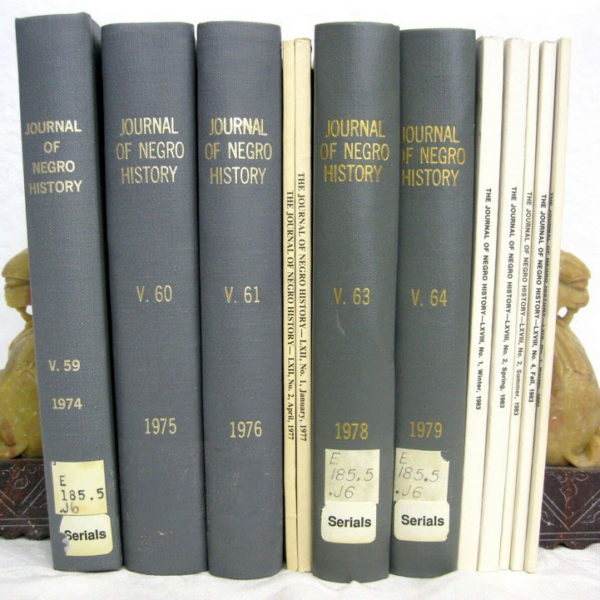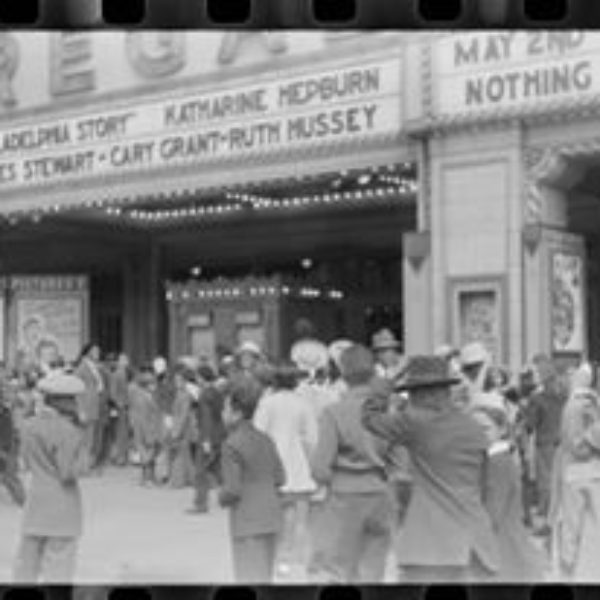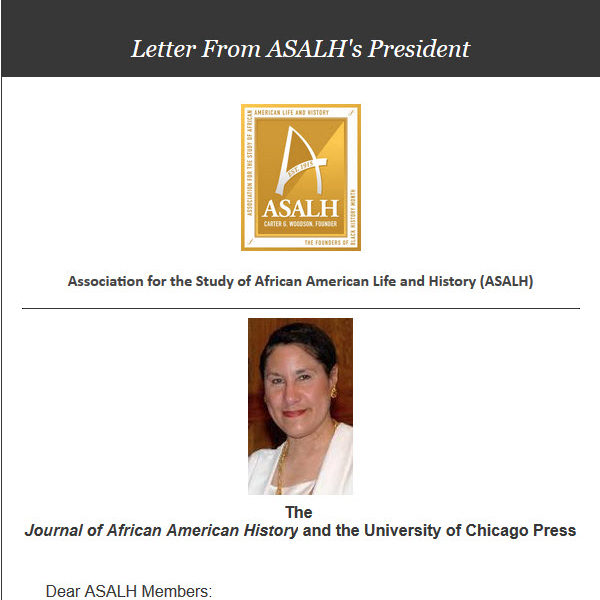Reflections on the Self-Publishing Tradition on ASALH’s 106th Birthday
The ASALH Election of 2021 is over even if the winners have not been publicly announced. If anyone who ran is right with Woodson in wanting to bring the Journal of African American History back home, neither presidential candidate mentioned it—nor did anyone else running for the Executive Council.
With no one standing up for Woodson’s tradition of self-publishing, I am indifferent to the outcome of the election and am increasingly pessimistic to the Association’s future as a publishing entity. Without its premier journal being self-published, ASALH is becoming nothing but a professional coping organization (a meeting place for black scholars in what they see as a cold, white academic world). The academic market for the journal is shrinking not growing, and the University of Chicago has no solution to that problem—no one has. As I have constantly posted on this site, there are other models that don’t rely on the academy, but ASALH is increasingly becoming absorbed into it.
Yet, I warned in 2016 that if ASALH gets out of the business of publishing, it will find itself unable to publish on its own. Just as people think they can remove themselves from farming for years, then return to the land and make a living from it, so ASALH’s leading members suffer the same illusion about publishing. Few families that ever leave farming succeed when they attempt to return. All businesses change and if you are not there keeping up with it in real time, you will be left behind and are largely trying to return to a new business. Closing a business is much easier than reopening one in a changed world.
If I am right, this is a sad moment for ASALH’s self-publishing tradition. ASALH will become increasingly dependent on white publishing firms to get its scholarship before the world. It is likely that ASALH, rather than making modest money on the JAAH, will have to pay for it to be published. This is the legacy of the outgoing board, especially the officers who joined the it in 2016.
Let’s hope this is not the case, and someone picks up the issue of getting right with Woodson. If not, let’s hope some other entity run or owned by black people creates a suite of black history journals to meet the need to tell our history. The tradition of black folks publishing their own scholarship is bigger than ASALH, and it’s right with the Woodson tradition.










 Now, I note that something else is different with the newer, JAAH articles on JSTOR’s platform. It appears that you can no longer see the full text on JSTOR for articles published after 2009. You can only download the pdf. Why that is unknown to me. Was this done by Chicago as the new publisher of old things? I’m clueless, and I imagine so are the powers that be at ASALH. Publishers are shot callers, not the folks who are content providers.
Now, I note that something else is different with the newer, JAAH articles on JSTOR’s platform. It appears that you can no longer see the full text on JSTOR for articles published after 2009. You can only download the pdf. Why that is unknown to me. Was this done by Chicago as the new publisher of old things? I’m clueless, and I imagine so are the powers that be at ASALH. Publishers are shot callers, not the folks who are content providers.


